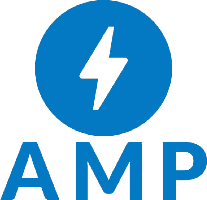🗓️ Live Webinar November 9: How HealthMatch.io Used Customer.io and RudderStack to Launch Their New Business Model in 24 Hours
Easy Amazon S3 to MinIO Integration with RudderStack
RudderStack’s open source Amazon S3 allows you to integrate RudderStack with your Amazon S3 data storage to track event data and automatically send it to MinIO. With the RudderStack Amazon S3, you do not have to worry about having to learn, test, implement or deal with changes in a new API and multiple endpoints every time someone asks for a new integration.
Popular ways to use MinIO
Load event data
Easily send event stream and batch data to MinIO from multiple sources.
Automatic schema creation
Skip the formatting work in MinIO and move faster with predefined data structures.
Customize sync scheduling
Easily configure custom sync schedules to MinIO that work with your existing data workflows.
Frequently Asked Questions
How do you integrate your Amazon S3 data storage with MinIO?
With Rudderstack, integration between Amazon S3 source and MinIO is simple. Set up a Amazon S3 source source and start sending data.
Is it expensive to integrate Amazon S3 source with MinIO?
Pricing Amazon S3 source and MinIO can vary based on the way they charge. Check out our pricing page for more info. Or give us a try for FREE.
How long does it take to integrate Amazon S3 source with MinIO?
Timing can vary based on your tech stack and the complexity of your data needs for Amazon S3 source and MinIO.
RudderStack MinIO Documentation
Refer to our step-by-step guide and start using MinIO today
RudderStack Amazon S3 Documentation
Refer to our step-by-step guide and start using Amazon S3 today
About MinIO
MinIO is a high performance, enterprise-ready distributed object storage system released under GNU AGPL v.3. Using MinIO, you can build a high performance infrastructure for machine learning, analytics and application data workloads. It is compatible with the Amazon S3 cloud storage service as well.
This site uses cookies to improve your experience. If you want to learn more about cookies and why we use them, visit our cookie policy. We’ll assume you’re ok with this, but you can opt-out if you wish Cookie Settings.




